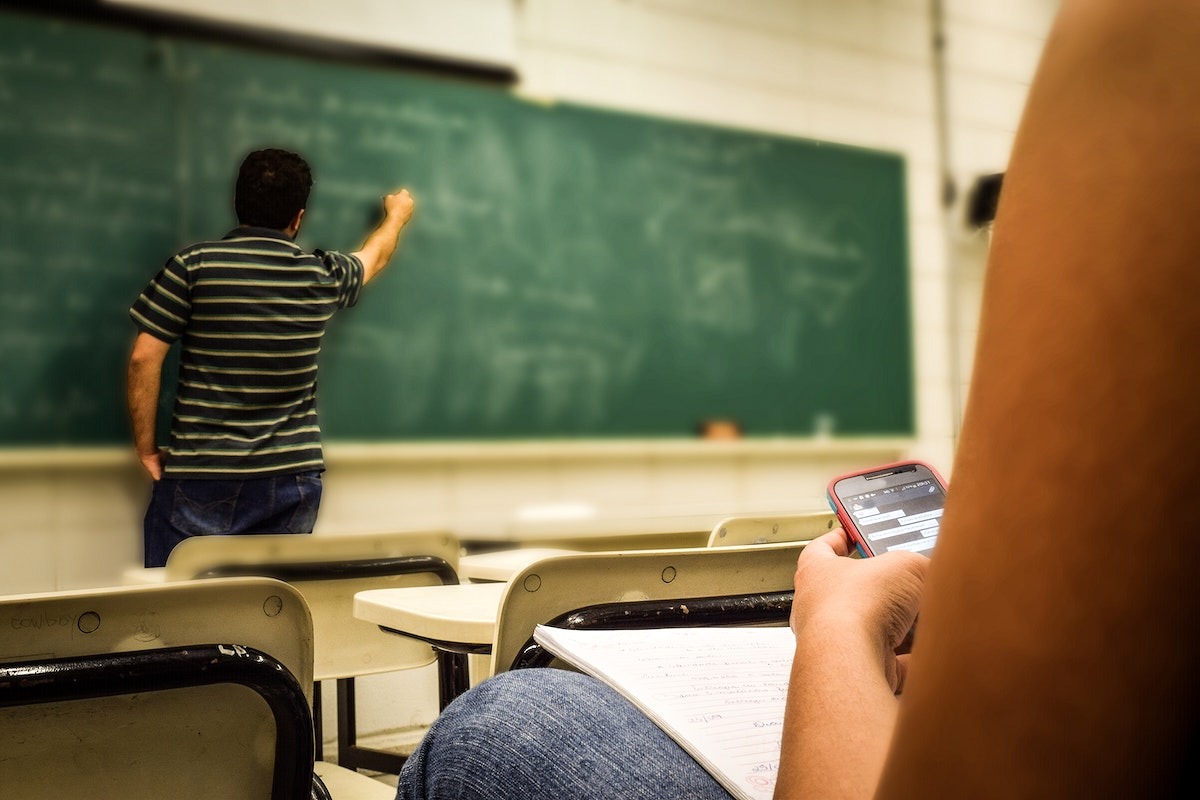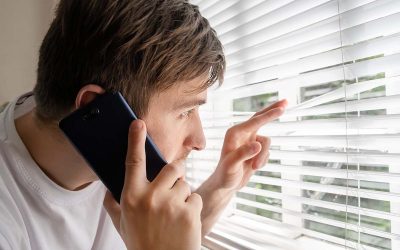A statewide ban on cell phones in Oregon’s K-12 classrooms could soon be on the books, following years of discussion and rising concern over the impact of personal devices on student learning and well-being.
On Wednesday, March 26, the House Committee on Education held a public hearing on House Bill 2251, a proposal that would require all public school districts in Oregon to create a policy restricting cellphone use in classrooms. The bill allows for reasonable exceptions, such as for students with individualized education plans who need devices for learning. Districts that fail to adopt a compliant policy could face consequences for not meeting state standards.
The legislation is backed by Representatives Kim Wallan of Medford and April Dobson of North Clackamas, along with Senator Lisa Reynolds of Portland. The bill is set to move forward to a work session scheduled for Wednesday, April 2.
Across the country, lawmakers are taking a closer look at the use of phones and personal tech in schools, with large districts like Los Angeles already implementing sweeping restrictions. Oregon is part of a growing group of states addressing the issue directly, joining at least nine others, including California, that have passed legislation limiting or banning cellphone use during school hours.
The Oregon Department of Education released recommendations in 2023 to help districts prepare for potential legislation, encouraging them to craft their own policies in advance. Some districts, including Lake Oswego School District and Portland Public Schools, already enforce “off and away” policies, offering teachers administrative support in managing distractions during class time.
However, not everyone supports a statewide mandate. Some educators and students argue that strict bans may be too harsh and that classroom strategies—like designated phone storage areas—can work just as well without creating an overly punitive environment. Others are concerned about sending mixed messages, noting that cell phones are a part of everyday adult life and learning to use them responsibly may be more beneficial than outright bans.
The discussion reflects broader concerns around student mental health, academic focus, and school attendance—issues lawmakers hope to address through more consistent classroom expectations across the state.
Source: Lake Oswego Review












